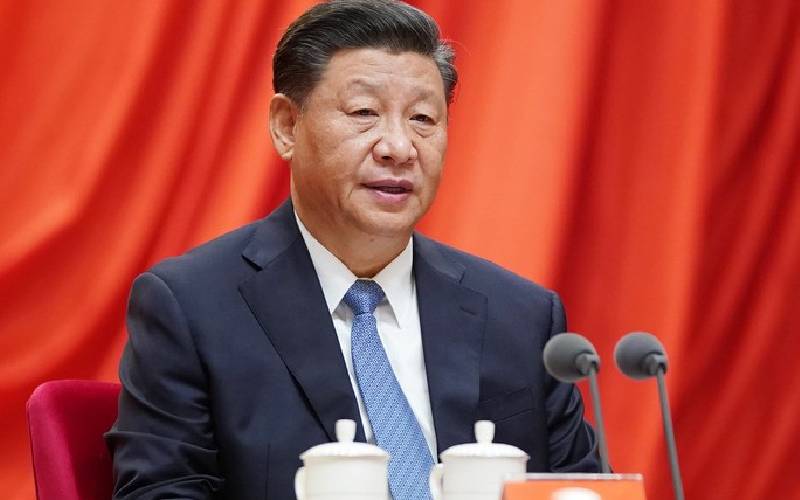×
The Standard e-Paper
Stay Informed, Even Offline

Xi Jinping addresses the fifth plenary session of the 19th Communist Party of China Central Commission for Discipline Inspection in Beijing, capital of China, on January 22, 2021. [Xinhua]
The year 2021 is also the ninth year of Xi's signature anti-corruption campaign, the most extensive in Chinese history. It shows no signs of letting up.